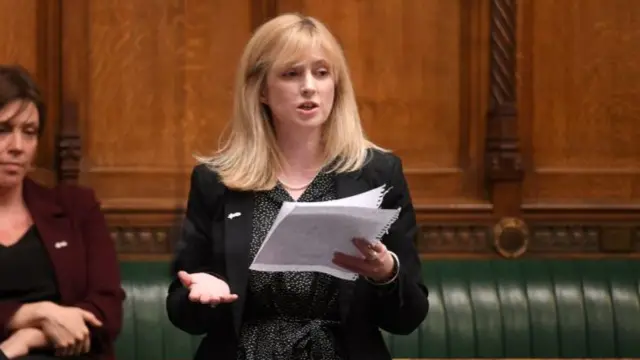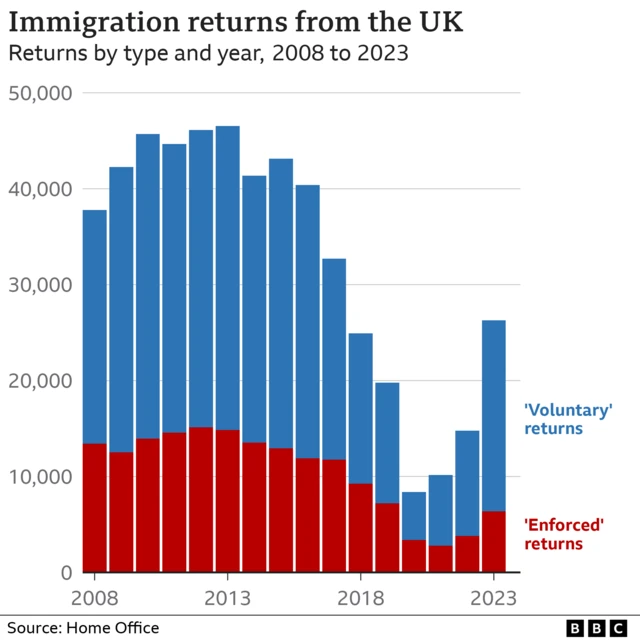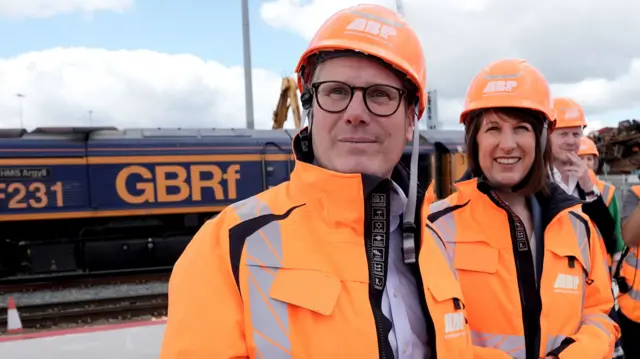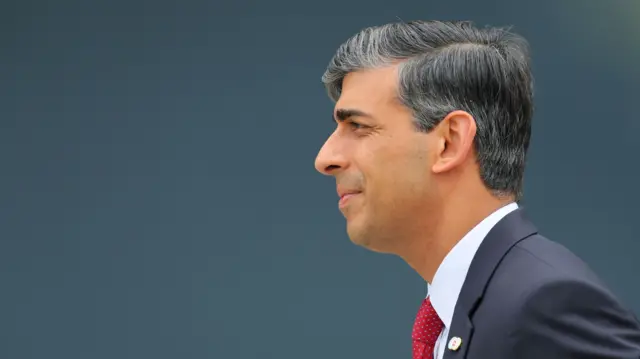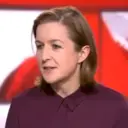
Are renewables really more expensive than fossil fuels?published at 16:37 BST 17 June 2024
 Justin Rowlatt
Justin Rowlatt
Climate editor
That’s what Reform UK claims, and says it's why it plans to scrap all subsidies for renewable energy projects.
The calculation isn’t as straightforward as you might think, though.
The cost of a unit of power from a new solar or wind project is lower than the cost from a new gas generator, according to government figures, external.
But there are other factors that need to be taken into account.
Renewable power is intermittent. The electricity system needs a source of backup power for when the sun isn’t shining, or the wind isn’t blowing – gas power stations or batteries, for example.
Calculating how much that will cost will depend on all sorts of factors including the future price of gas and the cost of electricity storage facilities.
That’s not all. We all experienced how energy prices spiked after Russia invaded Ukraine. That represents a serious cost to the economy too, says the Office of Budget Responsibility, external.
Renewables prices are more predictable and therefore would make the country more resilient against price shocks.
So, while renewables are relatively cheap it is hard to say for certain whether an electricity system with a high level of renewables will lead to higher or lower bills than one that relies more on gas.
Correction: On 16 August 2024 this post was edited to remove a reference to renewables getting cheaper and to reflect recent increases in inflation and interest rates, which have led to a rise in the cost of renewable energy plants.


